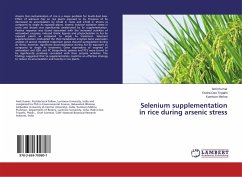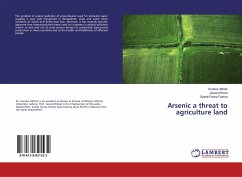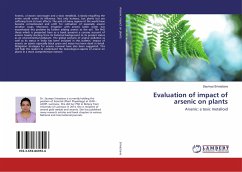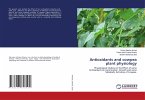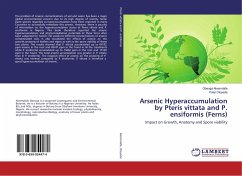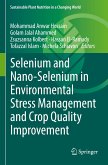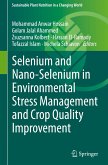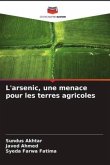Arsenic (As) contamination of rice is a major problem for South-East Asia. Effect of selenium (Se) on rice plants exposed to As. Presence of Se decreased As accumulation by 3-fold in roots and 2-fold in shoots as compared to single As exposed plants. Arsenic induced oxidative stress in roots and shoots was significantly ameliorated by Se supplementation. Positive response was found associated with the increased activities of antioxidant enzymes, induced thiolic ligands and phytochelatins in As+Se exposed plants as compared to single As treatment. Selenium supplementation modulated the thiol metabolism enzymes Gene expression analysis of several metalloid responsive genes showed upregulation during As stress, however, significant downregulation during As+Se exposure as compared to single As treatment. Gene expressions of enzymes of antioxidant and GSH and PC biosynthetic systems and PCS were found to be significantly positively correlated with their enzyme activities. The findingssuggested that Se supplementation could be an effective strategy to reduce As accumulation and toxicity in rice plants.
Bitte wählen Sie Ihr Anliegen aus.
Rechnungen
Retourenschein anfordern
Bestellstatus
Storno

